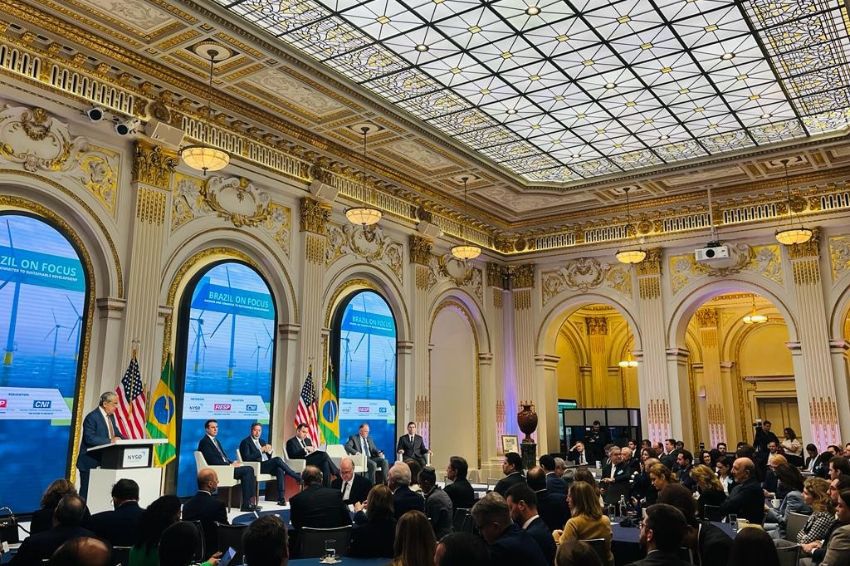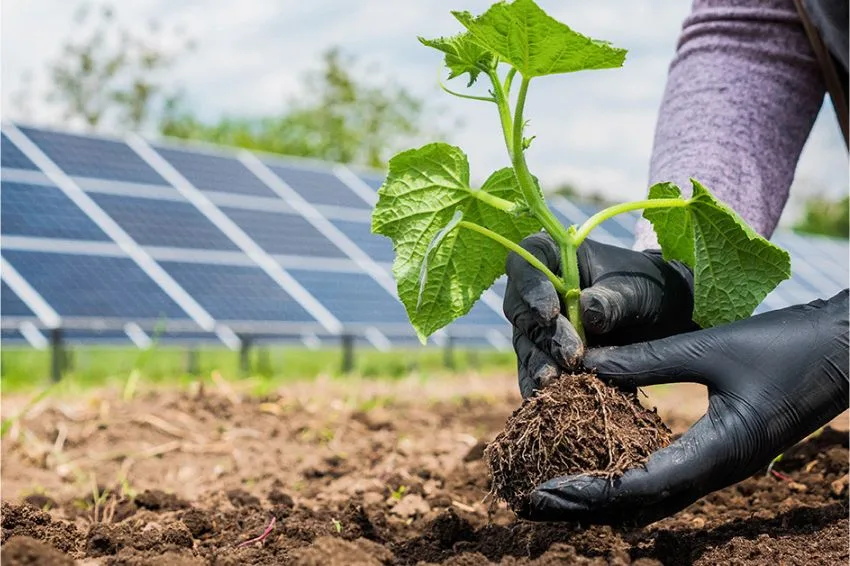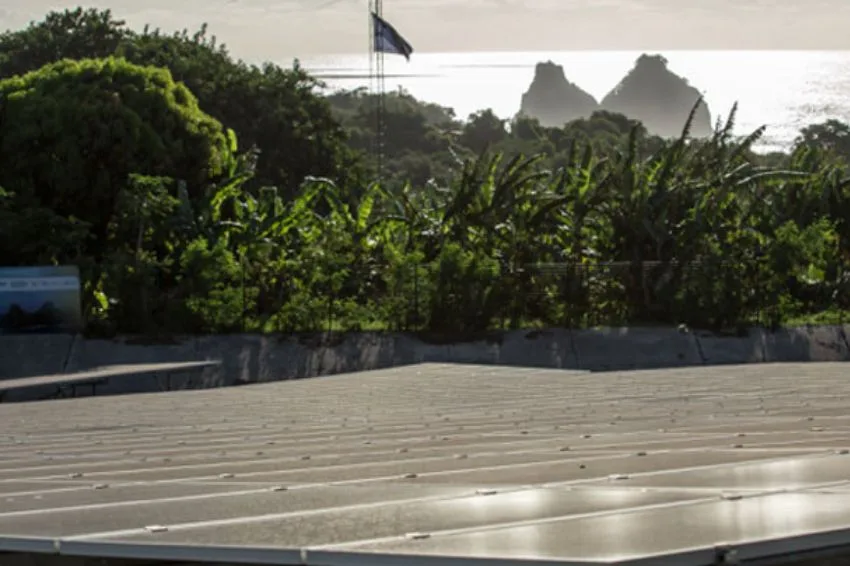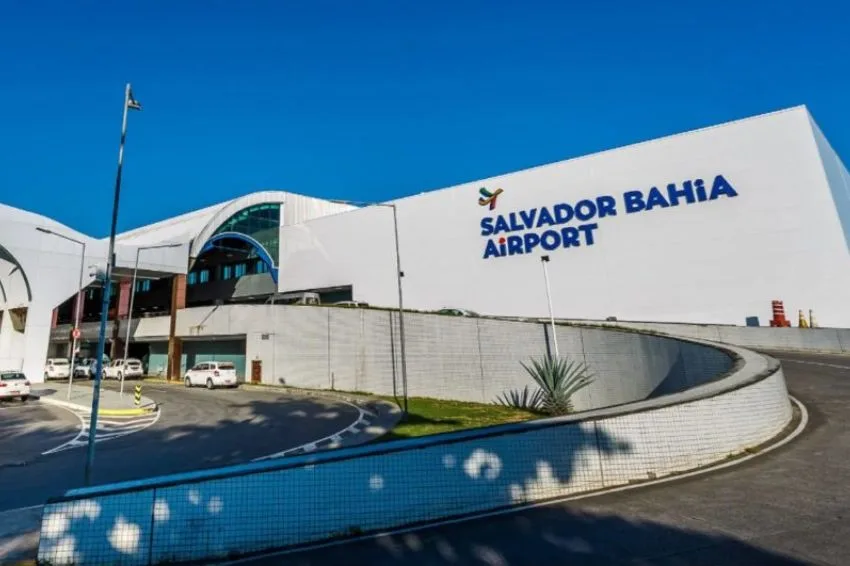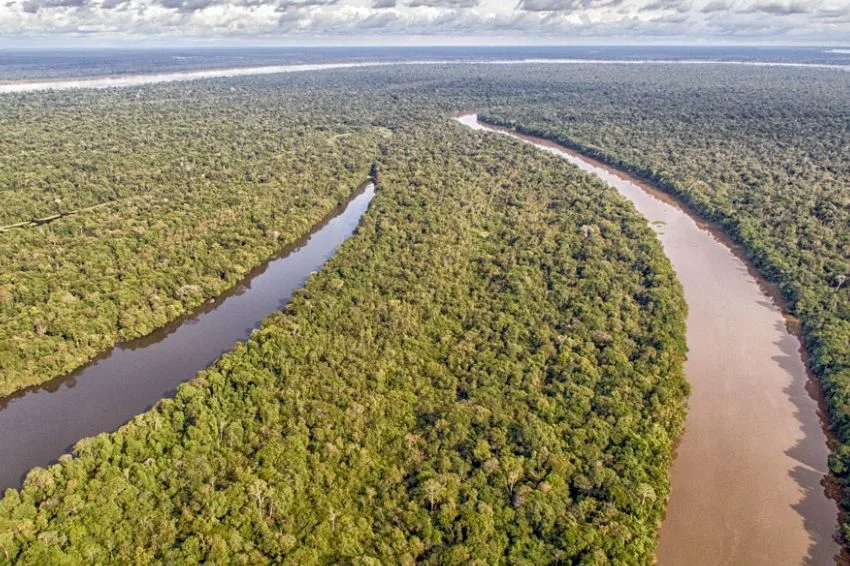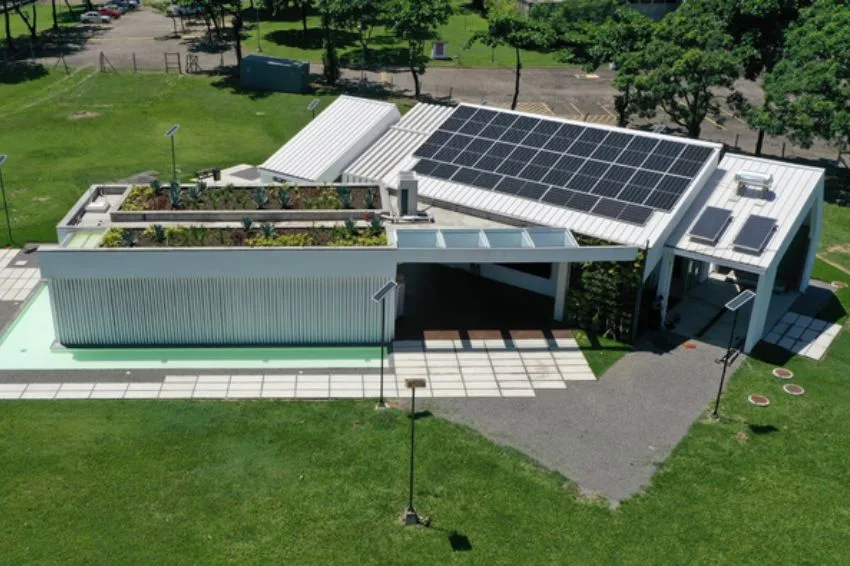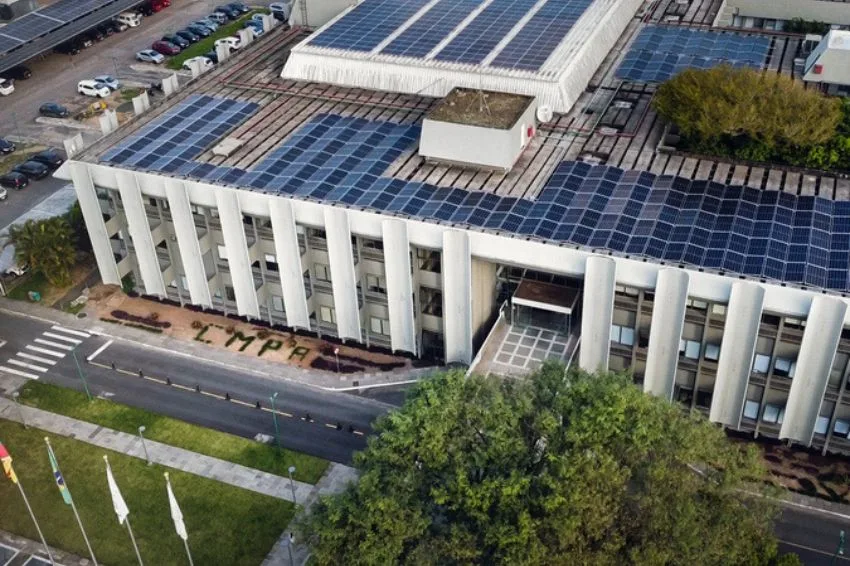Responsible for over 30% of global market capitalization, New York Stock Exchange brought together, this Monday (18), representatives of the Brazilian federal government, the National Congress, the judiciary of American companies and investors to discuss business possibilities aimed at energy transition, decarbonization from the economy, infrastructure It is financing
At the opening of the event, held by CNI (National Confederation of Industry) and the Fiesp (Federation of Industries of the State of São Paulo), Robson Braga, president of CNI, highlighted Brazil's role towards the resumption of industrialization, the so-called neo-industrialization, and the need for international investors to look at the country.
“Today we have comparative and competitive advantages both in attracting investment and in the development of our industries. Brazil has evolved very quickly and this is the opportune moment to call on all investors and businesspeople to look at Brazil with the perspective of a very promising future for Brazilian business”, he assessed.
Sustainability and energy transition
In the first stage of the meeting, Arthur Lira, president of the Chamber of Deputies, and Rodrigo Pacheco, president of the Senate, stated that legislative proposals that contribute to the energy transition and sustainability in the Brazilian economy will be among parliamentarians' priorities in the second half of the year. .
Among the topics that will gain greater prominence are the regulation of the carbon market; the regulatory framework for offshore wind energy production; and the regulatory framework for the energy transition with an emphasis on H2V (green hydrogen).
“We highlight Brazil’s great capacity to produce clean energy and maintain our forests. As a country, I have no doubt, it is the one that preserves the most in the world. This is because we have the privilege and responsibility of taking care of the most beautiful and rich territories on the planet”, said Lira.
In this sense, Pacheco stated that the development of this agenda is linked to attracting international investments. “We need incentives for international cooperation, global partnerships and technology transfer.”
“Without long-term investments from the richest countries, without the creation of financial mechanisms to promote sustainable development and without the reduction of regional inequalities, the environmental crisis tends to worsen. We need to act”, he highlighted.
Where is Brazil in the ecological and energy transformation
According to Ilan Goldfajn, president of the IDB (Inter-American Development Bank), there is a demand, there is a renewed interest in the region. “The interest, obviously, comes because there is a general perception that Latin America and Brazil are part of a solution to global problems.”
“One of the problems we are dealing with here. It's the issue of energy transition, global warming and, obviously, when they look at Brazil they see that there is complementarity here and that here we have a cleaner energy matrix”, he emphasized.
For Marina Silva, Minister of Environment and Climate Change, the country can be an energy supplier for the world, “but more than that: we can use the energy we have to create new products, new materials. To do this, we will need to have an industry that is capable of being competitive. And, for it to be competitive, we will have to invest heavily in education, technology and innovation.”
How do planning, financing and infrastructure impact the energy transition?
According to Alexandre Silveira, Minister of Mines and Energy, Brazil has already decided: “it will make the energy transition fair and inclusive. And it has all the conditions for this and more than that, to lead the relationship between the countries of South America and the global south countries of Europe in the relationship with the industrialized countries so that we can effectively speed up the energy transition, which is no longer the case. no further doubt is extremely necessary.”
Jader Filho, Minister of Cities, added that, “specifically, within the scope of the Ministry of Cities, we have important agendas for the topic of energy transition […] such as renewable energies that will be established with the new contracts from Minha Casa, Minha Vida” .
As for Luciana Costa, director of Infrastructure, Energy Transition and Climate Change at BNDES, the bank has expertise in structuring complex projects. “We are prepared to structure the next SAF (Sustainable Aviation Fuel) and green hydrogen projects.”
“We are analyzing the next medium and high capacity mobility projects, as well as the electrification of the bus fleet in large cities in Brazil. So, it is a country that has a prepared regulatory environment and has evolved a lot this year”, he pointed out.
Finally, David Turk, deputy secretary of the United States Department of Energy, highlighted that, at this moment, Brazil has a very decarbonized grid. “We are very jealous of this rate of 88% of renewable [energy] sources. But it's just the tip of the iceberg in terms of clean energy potential in Brazil. […] There are great investment opportunities for Brazilian companies in the United States and vice versa”.


